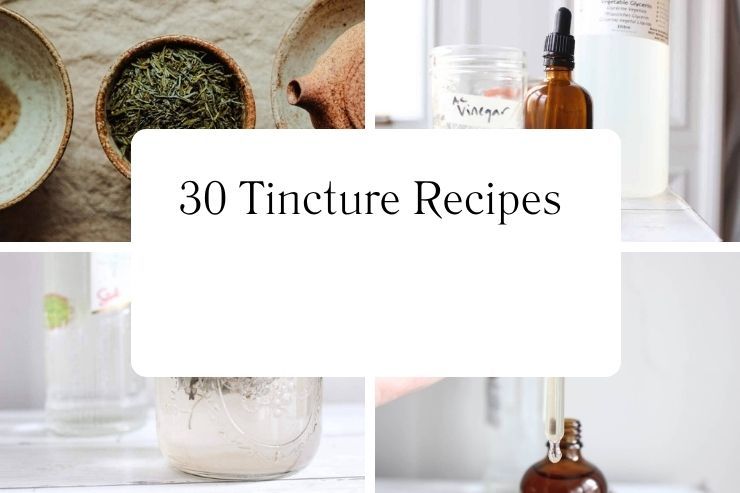Dive into the wonderful world of tinctures! These concentrated herbal extracts are a fantastic way to harness the power of nature for your well-being.
Whether you're a seasoned herbalist or just starting out, making your own tinctures is simpler than you might think.
This list explores some easy-to-make recipes that can become staples in your natural medicine cabinet..
Table of Contents
1. Beginner-Friendly Folk Tinctures with Alcohol or Glycerin
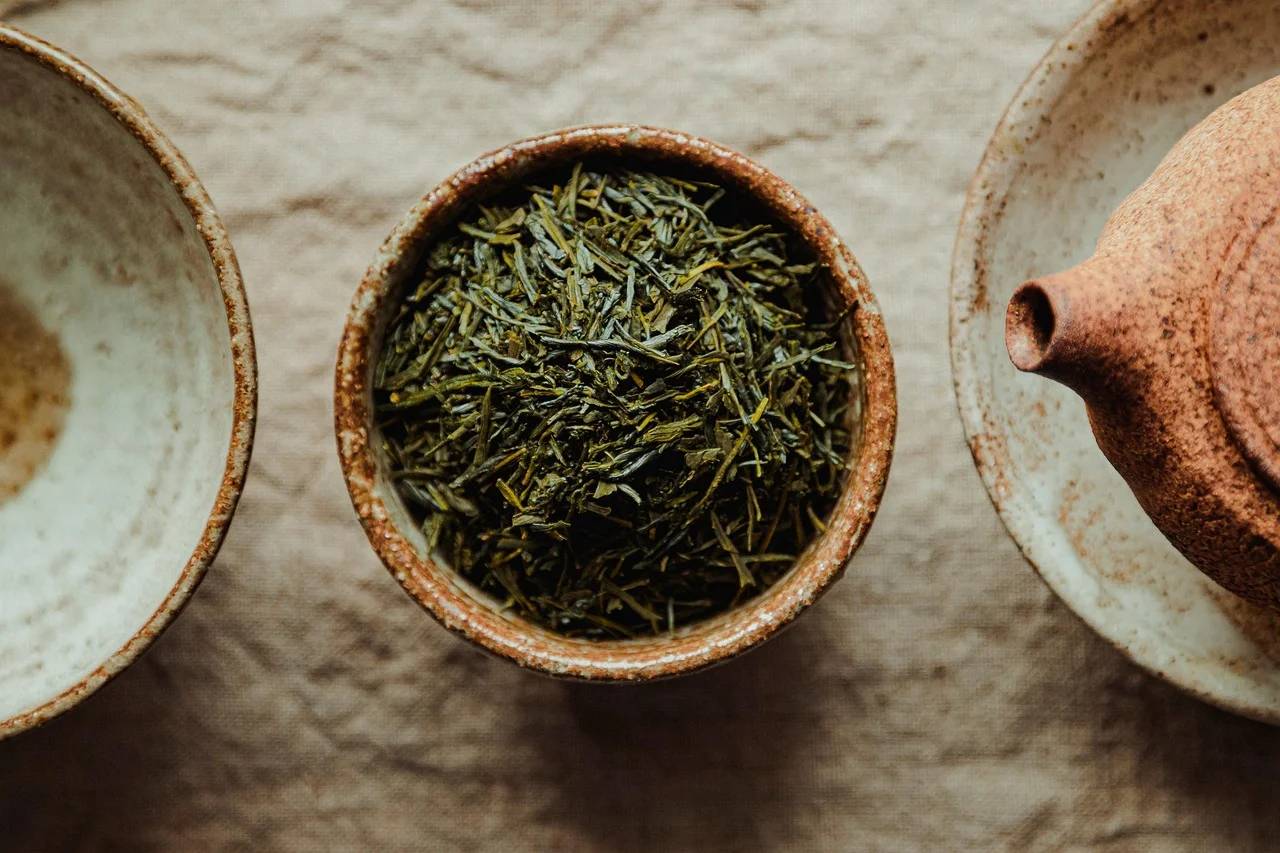
Discover the ease of making folk tinctures, a traditional method perfect for beginners.
These potent liquid extracts capture the essence of herbs using alcohol, or gentler alternatives like glycerin or apple cider vinegar.
They're a fantastic way to reconnect with ancient herbal wisdom and create personalized remedies for your health needs..
Key Ingredients:
- Herbs (leaves, roots, flowers, bark)
- Alcohol (vodka, brandy)
- Vegetable glycerin
- Apple cider vinegar
Benefits:
- Long shelf life
- Fast absorption
- Customizable to health needs
- Natural healing support
Pro Tip: Always label your tinctures clearly with the herb name, date made, and the solvent used for easy identification.
Get the Recipe: Beginner-Friendly Folk Tinctures with Alcohol or Glycerin
2. Alcohol-Free Tinctures with Glycerin or Vinegar
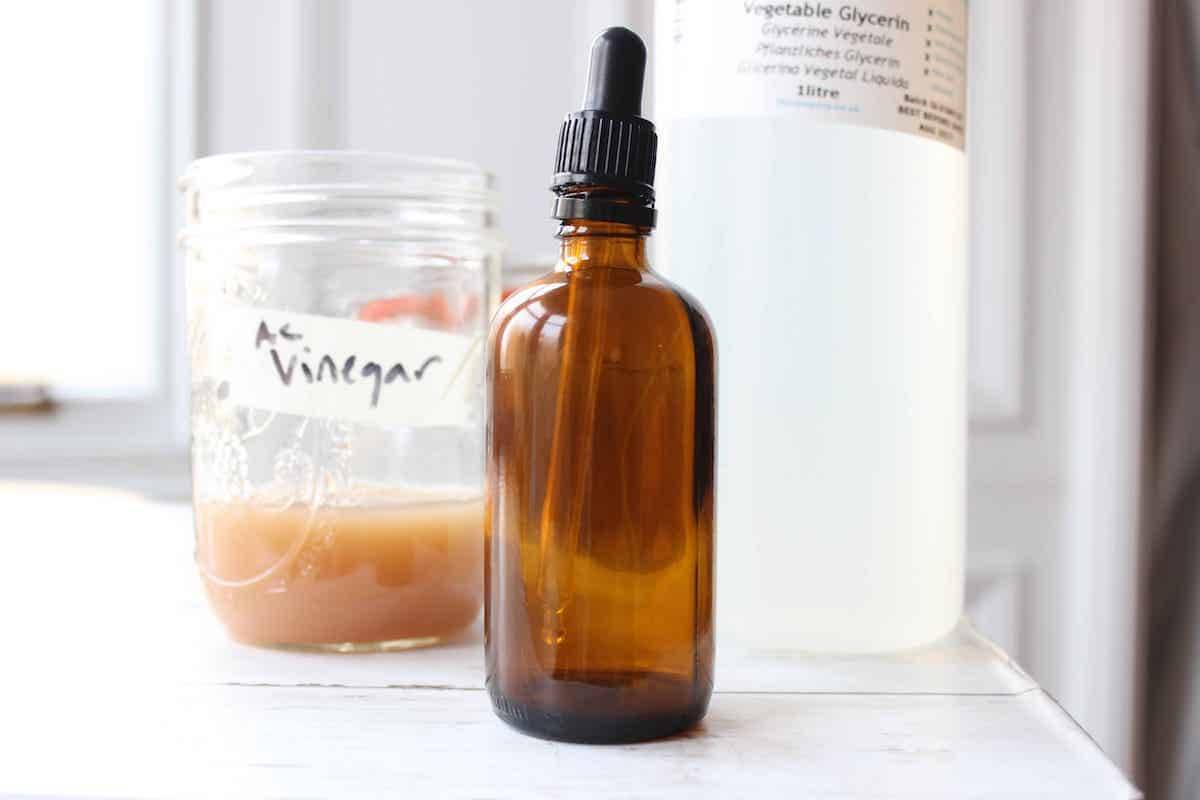
Explore the world of alcohol-free tinctures, offering a gentle and versatile way to enjoy herbal benefits.
Perfect for children or those avoiding alcohol, these extracts are made using food-grade vegetable glycerin or apple cider vinegar.
They can easily be added to teas, smoothies, or dressings for a daily herbal boost..
Key Ingredients:
- Dried or fresh plant material
- Vegetable glycerin
- Apple cider vinegar
- Spring water (optional)
Benefits:
- Suitable for most individuals
- Child-friendly
- Versatile use
- Gentle herbal extraction
Pro Tip: Glycerin tinctures are a sweet and palatable option for children, making them easier to administer.
Get the Recipe: Alcohol-Free Tinctures with Glycerin or Vinegar
3. Easy Tincture Making with Dried Herbs
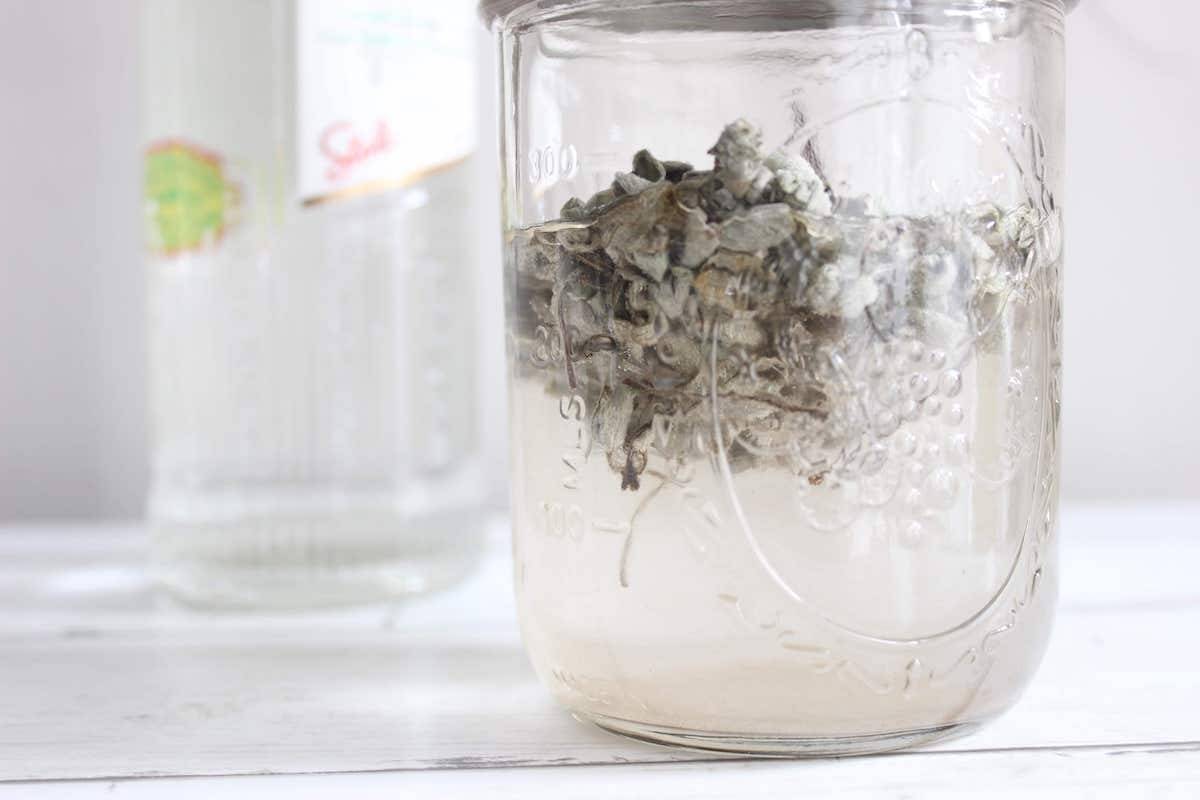
Learn the art of making tinctures from dried herbs, a simple and effective way to capture plant's medicinal properties.
Alcohol is a powerful solvent for extracting and preserving these benefits, leading to a potent liquid that can last for years.
It’s a magical process for building your own herbal medicine cabinet..
Key Ingredients:
- Dried herbs
- 80-proof vodka (or higher)
- Glass mason jar
- Dropper bottles
Benefits:
- Potent liquid extracts
- Long shelf-life
- Quick absorption
- Customizable blends
Pro Tip: Using parchment paper between the metal lid and the jar helps prevent alcohol from corroding the metal.
Get the Recipe: Easy Tincture Making with Dried Herbs
4. Powerful Oregano Tincture for Immunity
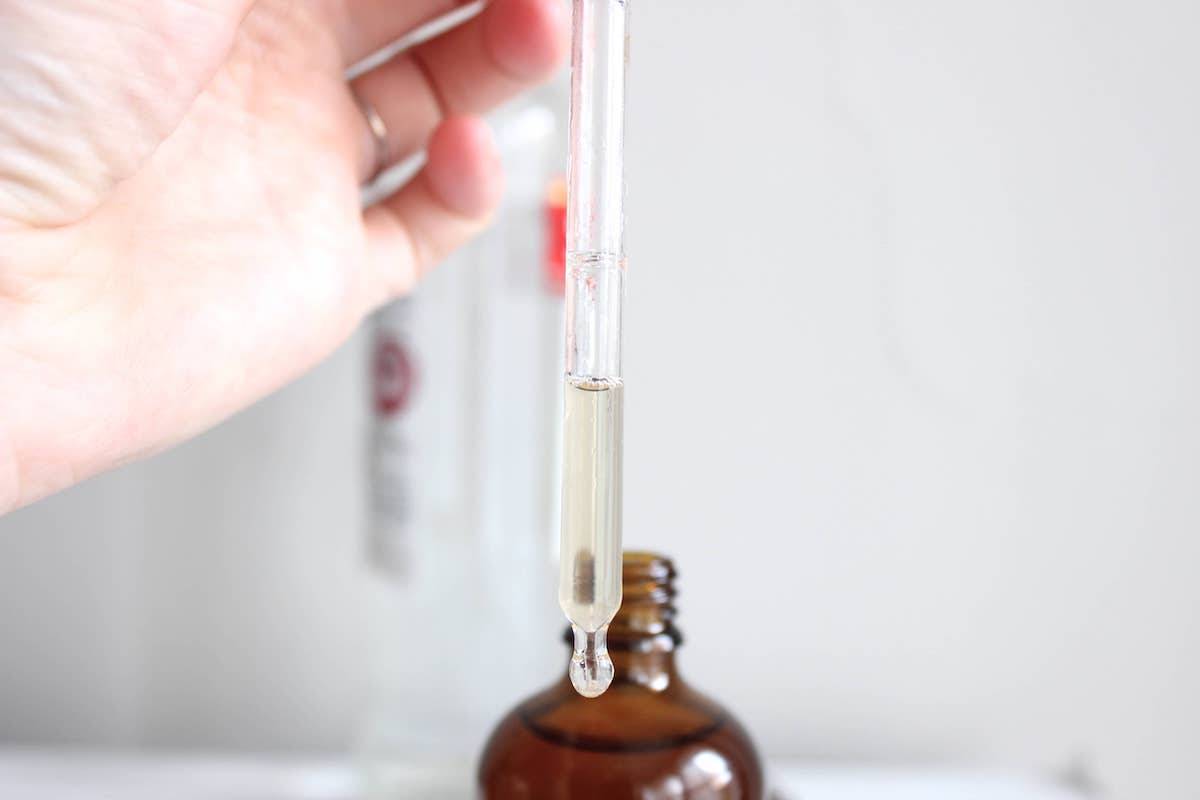
Create a potent oregano tincture, a natural powerhouse for your health.
Its antimicrobial and anti-inflammatory properties can help fight infections, soothe inflammation, and support your immune system, especially during cold and flu season.
This simple recipe uses just two ingredients for a deeply beneficial remedy..
Key Ingredients:
- Fresh or dried oregano
- 80-proof vodka (or ACV/glycerin)
Benefits:
- Antimicrobial and antibacterial
- Reduces inflammation
- Supports digestion
- Boosts immune system
Pro Tip: For a topical application, mix 20-30 drops of oregano tincture with a carrier oil like jojoba or coconut oil.
Get the Recipe: Powerful Oregano Tincture for Immunity
5. Soothing Stinging Nettle Tincture for Allergies
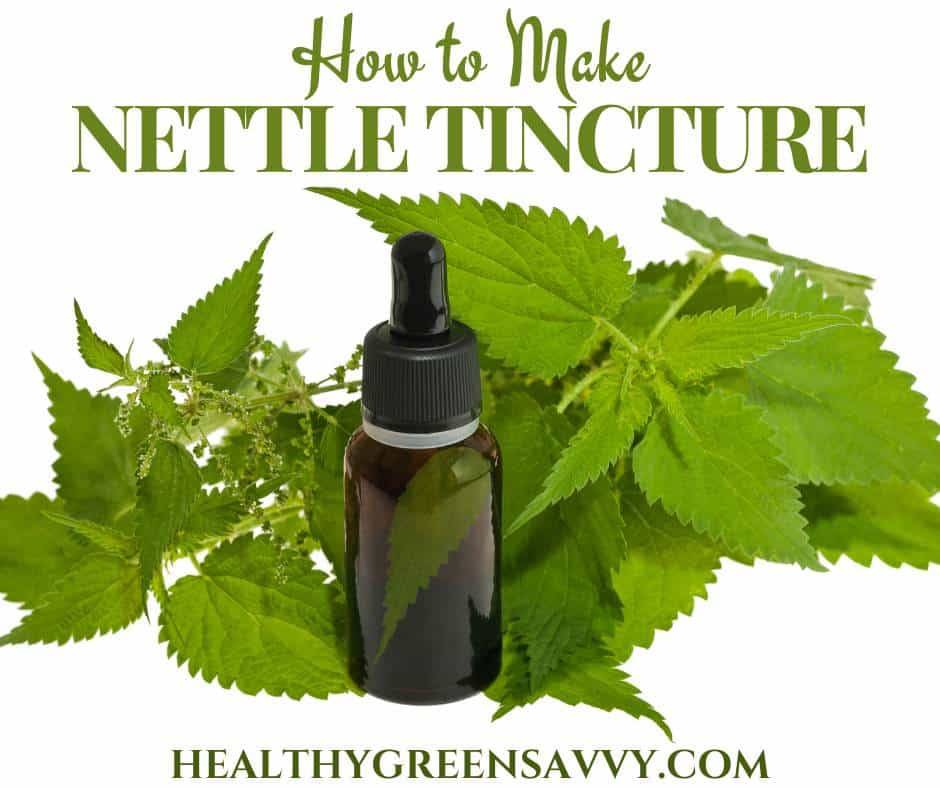
Discover the soothing power of stinging nettle tincture, a go-to for natural allergy relief.
This potent extract can also help with pain, inflammation, and kidney support.
It's an effective way to get the benefits of nettle without the strong flavor of tea, perfect for year-round wellness..
Key Ingredients:
- Stinging nettles (fresh or dried)
- High-proof alcohol (or glycerin/vinegar)
Benefits:
- Alleviates seasonal allergies
- Relieves pain and inflammation
- Supports kidney function
- Rich in minerals
Pro Tip: Wear gloves when harvesting fresh stinging nettles to protect your hands from stings.
Get the Recipe: Soothing Stinging Nettle Tincture for Allergies
6. Warming Ginger Tincture for Digestion
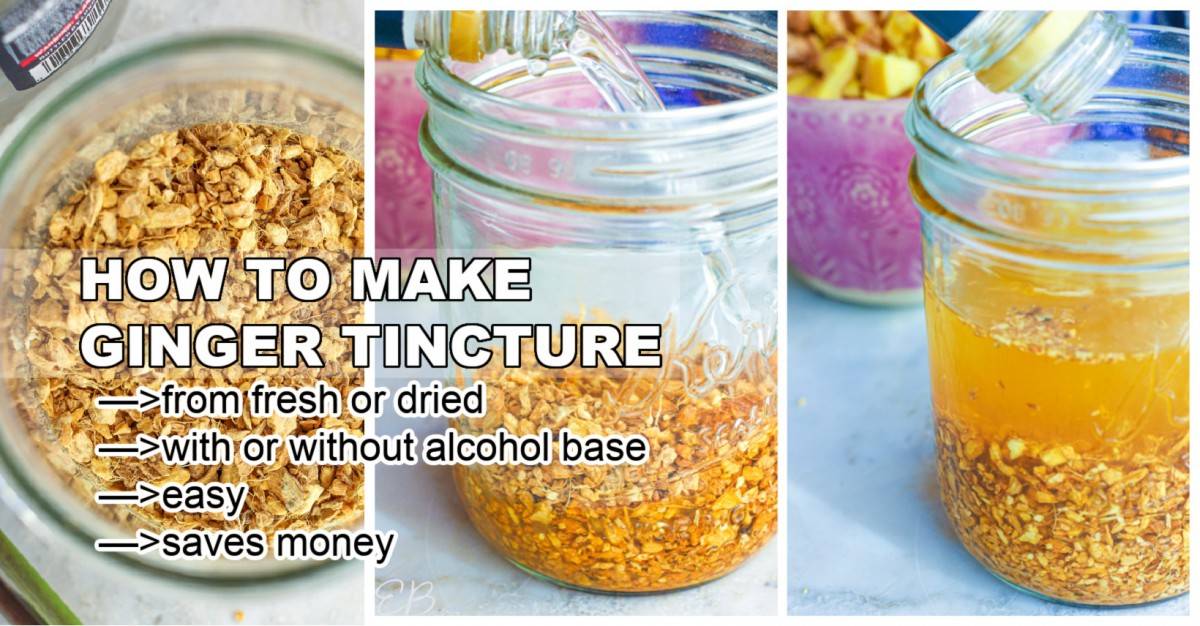
Whip up a warming ginger tincture to support your digestion and more.
This easy, two-ingredient remedy is amazing for stomach aches, nausea, and boosting circulation.
It's a spicy, effective staple for your natural health toolkit, also great for headaches and fighting off viruses..
Key Ingredients:
- Fresh or dried ginger root
- High-proof alcohol (or ACV/glycerin)
Benefits:
- Aids digestion
- Relieves nausea
- Increases circulation
- Fights viruses
Pro Tip: Ginger tincture can be used in culinary creations like smoothies, dressings, or even homemade ice cream.
Get the Recipe: Warming Ginger Tincture for Digestion
7. Healing Calendula Tincture for Skin and Mouth
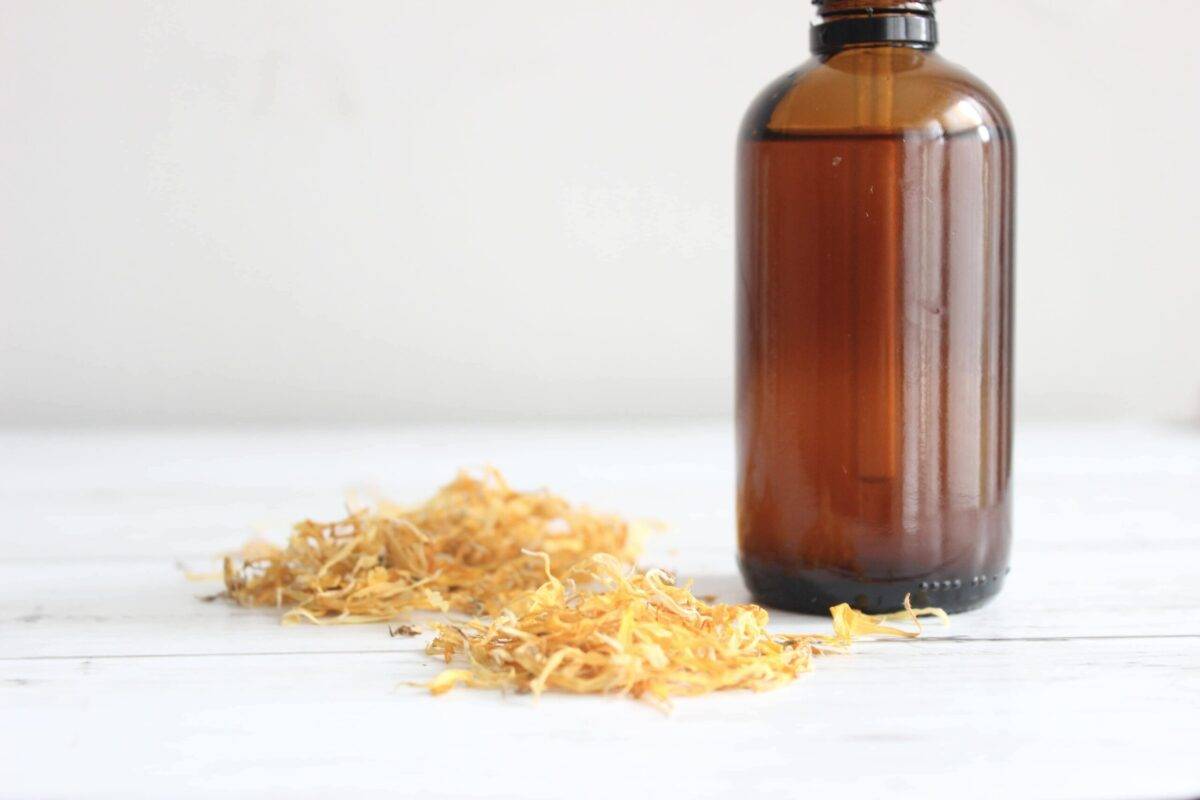
Discover the gentle healing properties of calendula tincture, a beloved herb for skin and internal comfort.
This simple extract is wonderful for soothing irritated skin, promoting wound healing, and can even be used as a mouth rinse for ulcers.
It's a calming, anti-inflammatory addition to your natural remedies..
Key Ingredients:
- Calendula flower petals (fresh or dried)
- 80-proof vodka (or ACV/glycerin)
Benefits:
- Anti-inflammatory
- Promotes wound healing
- Antimicrobial activity
- Soothes skin conditions
Pro Tip: Calendula tincture can be diluted with water and used as a hair rinse to help soothe scalp irritations.
Get the Recipe: Healing Calendula Tincture for Skin and Mouth
8. Versatile Yarrow Tincture for Wounds and More
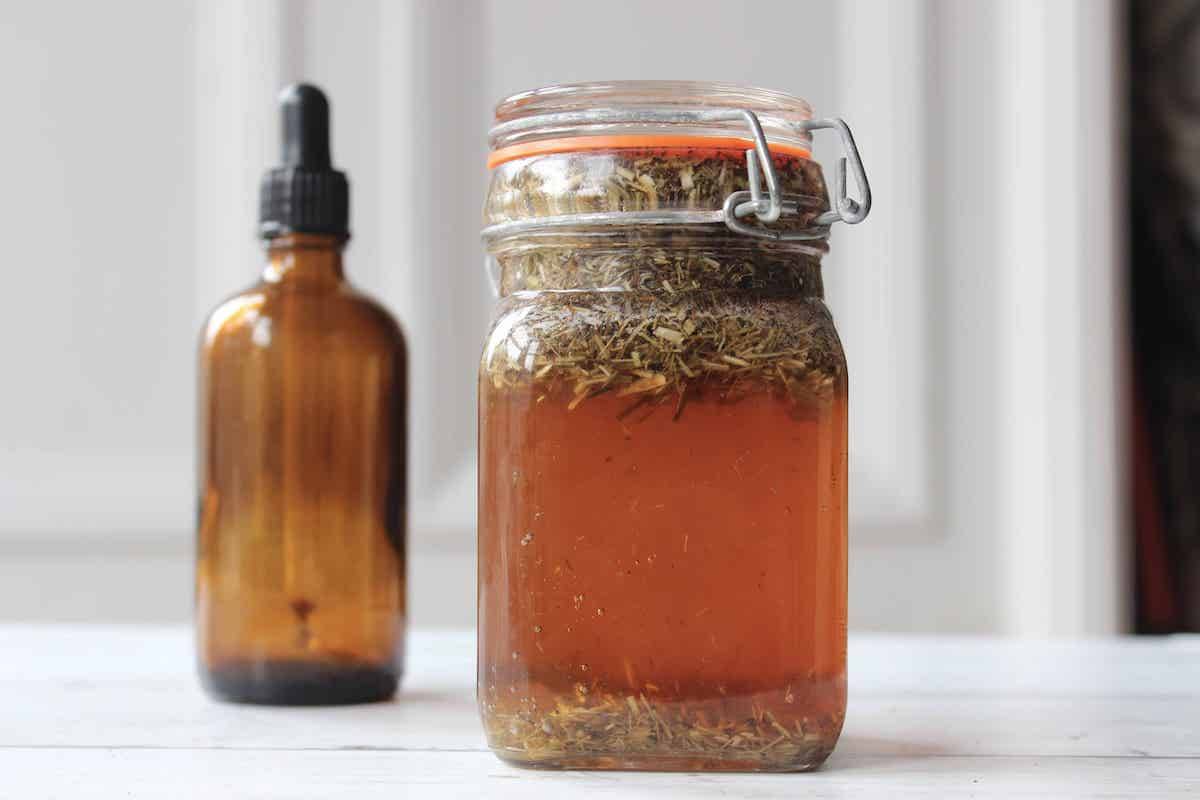
Keep yarrow tincture on hand as a natural first aid essential.
Known for its ability to slow bleeding and aid wound healing, yarrow also offers anti-inflammatory benefits and can help ease menstrual cramps.
Internally, it supports digestion and boosts the immune system..
Key Ingredients:
- Fresh or dried yarrow (flowers, leaves, stems)
- 80-proof vodka (or ACV/glycerin)
Benefits:
- Supports wound healing
- Anti-inflammatory
- Eases menstrual cramps
- Supports digestive health
Pro Tip: Yarrow tincture can be diluted and applied topically to help reduce pain and swelling from varicose veins.
Get the Recipe: Versatile Yarrow Tincture for Wounds and More
9. Sage Tincture for Household & Wellness
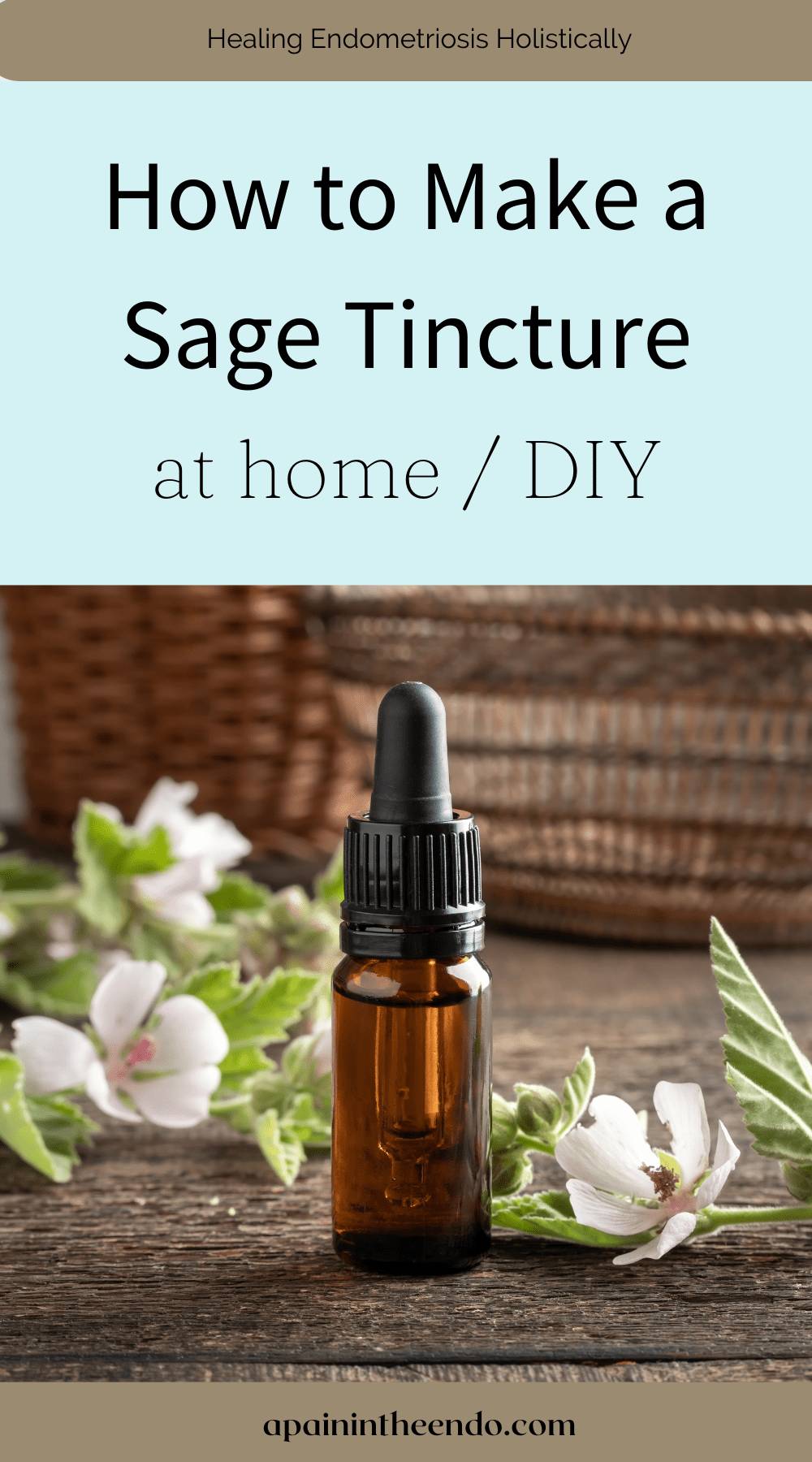
This easy-to-make sage tincture captures the herb's medicinal and household uses in a convenient liquid form.
Sage, known for its ability to aid digestion and soothe sore throats, becomes a lasting remedy.
It’s a wonderful way to keep nature’s healing properties close at hand..
Key Ingredients:
- Sage
- Alcohol (80 proof or higher)
Benefits:
- Digestive support
- Soothes sore throats
- Household uses
Pro Tip: If you grow your own sage, using organic herbs can ensure you're free from pesticide residue.
Get the Recipe: Sage Tincture for Household & Wellness
10. Rosemary Tincture for Memory & Hair
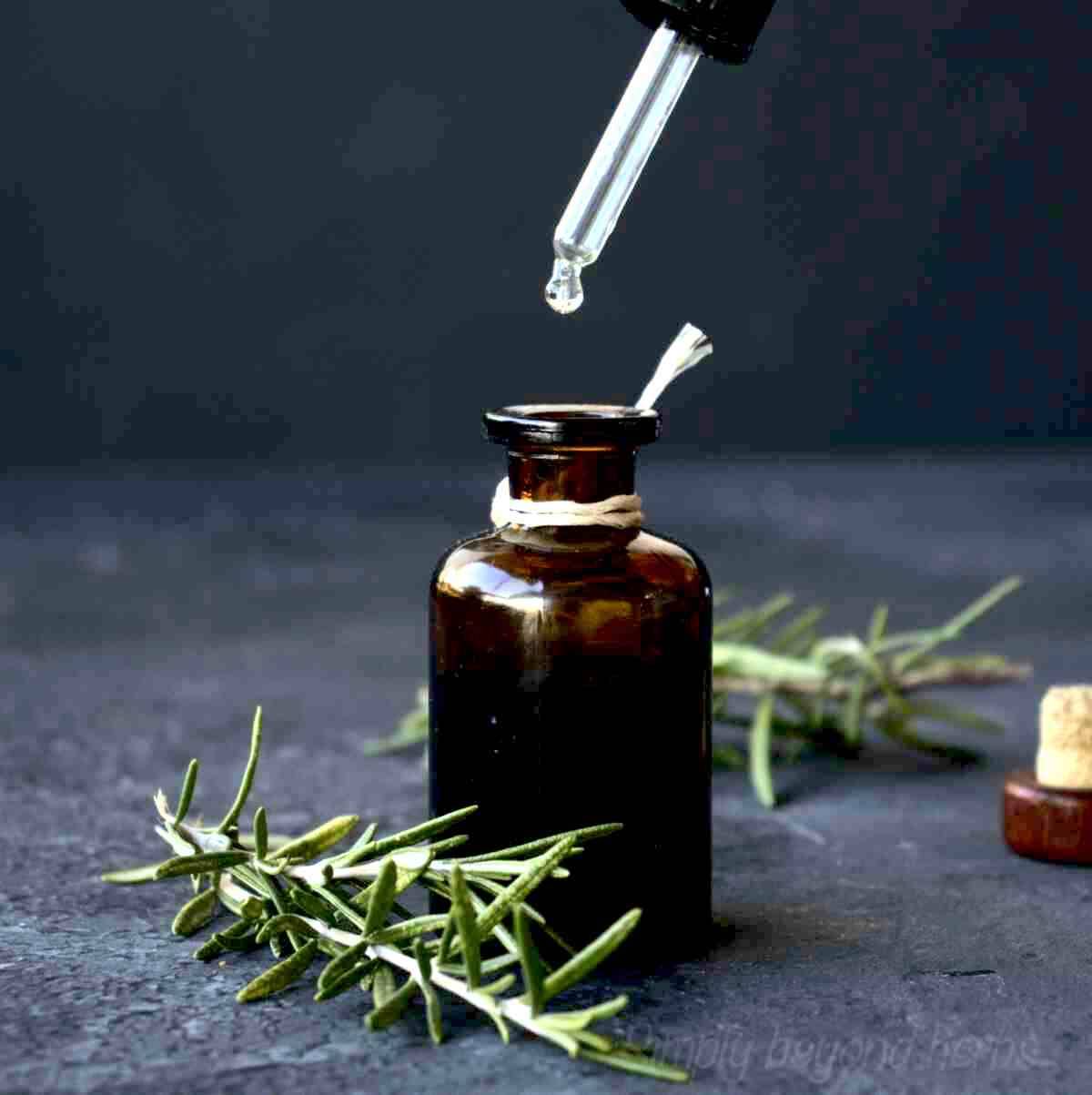
Unlock the power of rosemary with this simple tincture recipe.
Known for its potential to boost memory and support hair growth, this concentrated extract is easy to incorporate into your daily routine.
Just a few drops can offer a potent dose of this fragrant herb's benefits..
Key Ingredients:
- Rosemary
- Vodka (or other 80-proof alcohol)
Benefits:
- Improves memory
- Promotes hair growth
- Boosts mood
Pro Tip: You can add a few drops of this tincture to your hair products for an extra boost.
Get the Recipe: Rosemary Tincture for Memory & Hair
11. Versatile Tinctures with Chamomile, Peppermint & Echinacea
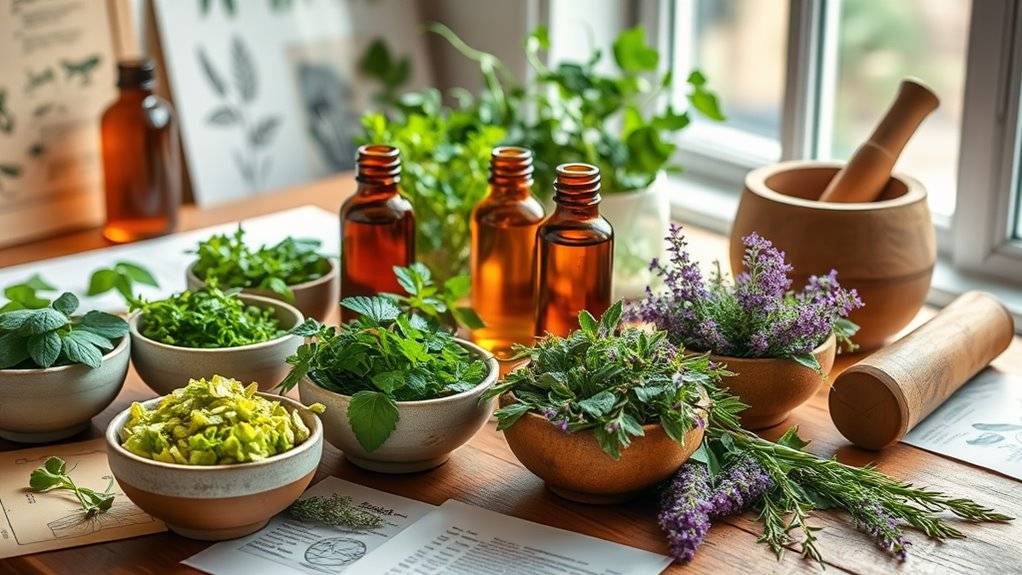
Explore the gentle power of common herbs like chamomile, peppermint, and echinacea with these easily made tinctures.
Whether you're seeking calm, digestive support, or immune assistance, these natural extracts are simple to craft and integrate into your daily wellness.
They're a wonderful way to nurture yourself with nature's bounty..
Key Ingredients:
- Chamomile
- Peppermint
- Echinacea
- Vodka (or vegetable glycerin/ACV for alcohol-free)
Benefits:
- Calming effects
- Digestive support
- Immune system boost
Pro Tip: Start with a small dosage (1-2 dropperfuls) and see how your body responds, adjusting as needed.
Get the Recipe: Versatile Tinctures with Chamomile, Peppermint & Echinacea
12. Lemon Balm Tincture for Calm & Sleep
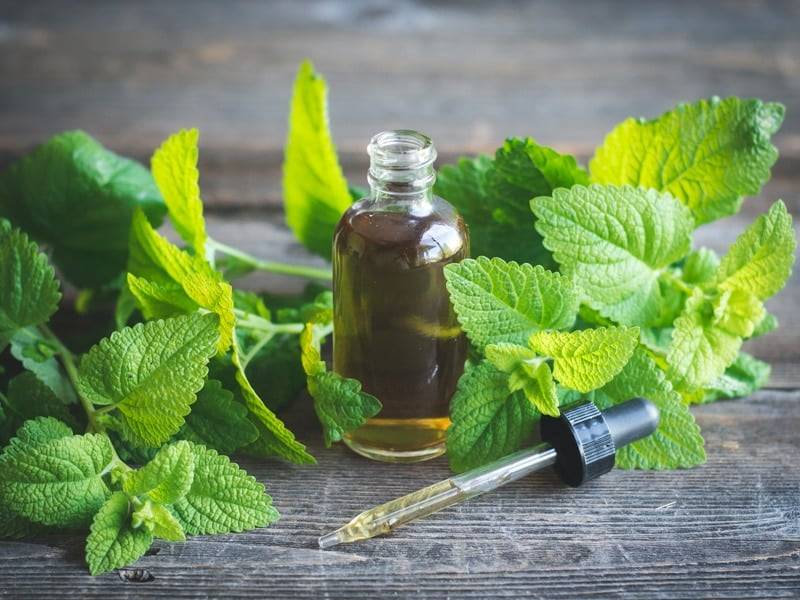
Bring a sense of calm to your day or night with this simple lemon balm tincture.
Known for its soothing properties, it's a wonderful aid for relaxation, stress relief, and promoting better sleep.
Making this tincture from fresh lemon balm is an easy way to enjoy its delightful aroma and calming benefits..
Key Ingredients:
- Fresh Lemon Balm
- Vodka (or vegetable glycerine)
Benefits:
- Promotes sleep
- Reduces stress and anxiety
- Calms upset stomach
Pro Tip: For an alcohol-free option, you can use vegetable glycerine to create a gentler glycerite.
Get the Recipe: Lemon Balm Tincture for Calm & Sleep
13. Valerian Root Tincture for Anxiety & Sleep
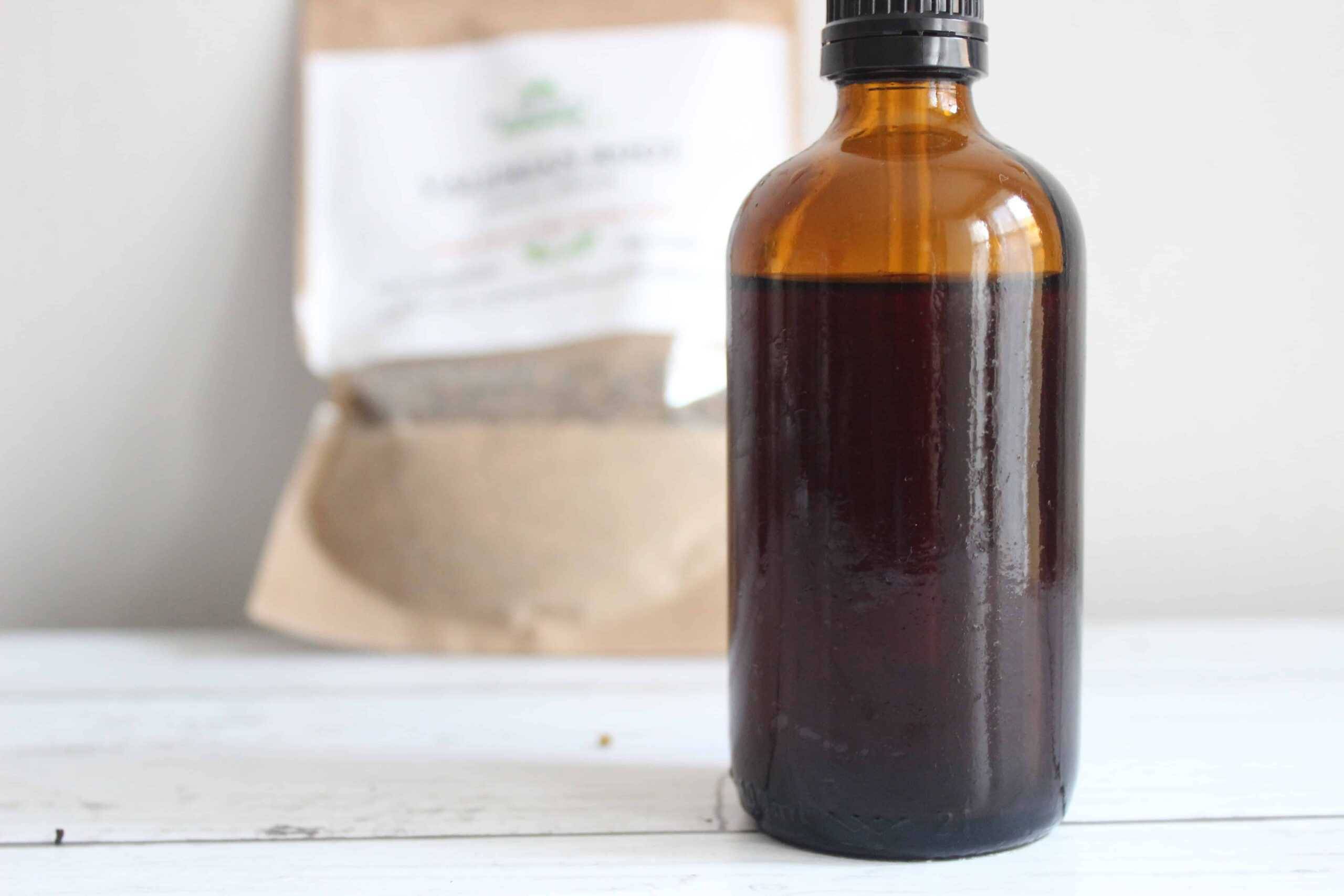
Discover the natural sedative and anti-anxiety benefits of valerian root with this simple tincture recipe.
It's a gentle way to help reduce anxious feelings, improve sleep quality, and relax muscles.
This two-ingredient tincture is a comforting addition to your natural wellness toolkit..
Key Ingredients:
- Dried Valerian Root
- 80-proof vodka (or apple cider vinegar)
Benefits:
- Reduces anxiety
- Improves sleep
- Relaxes muscles
Pro Tip: The effects of valerian can be cumulative, so consistency in dosage over a couple of weeks is key for noticeable results.
Get the Recipe: Valerian Root Tincture for Anxiety & Sleep
14. Hangover Tincture with Fennel, Ginger & Turmeric
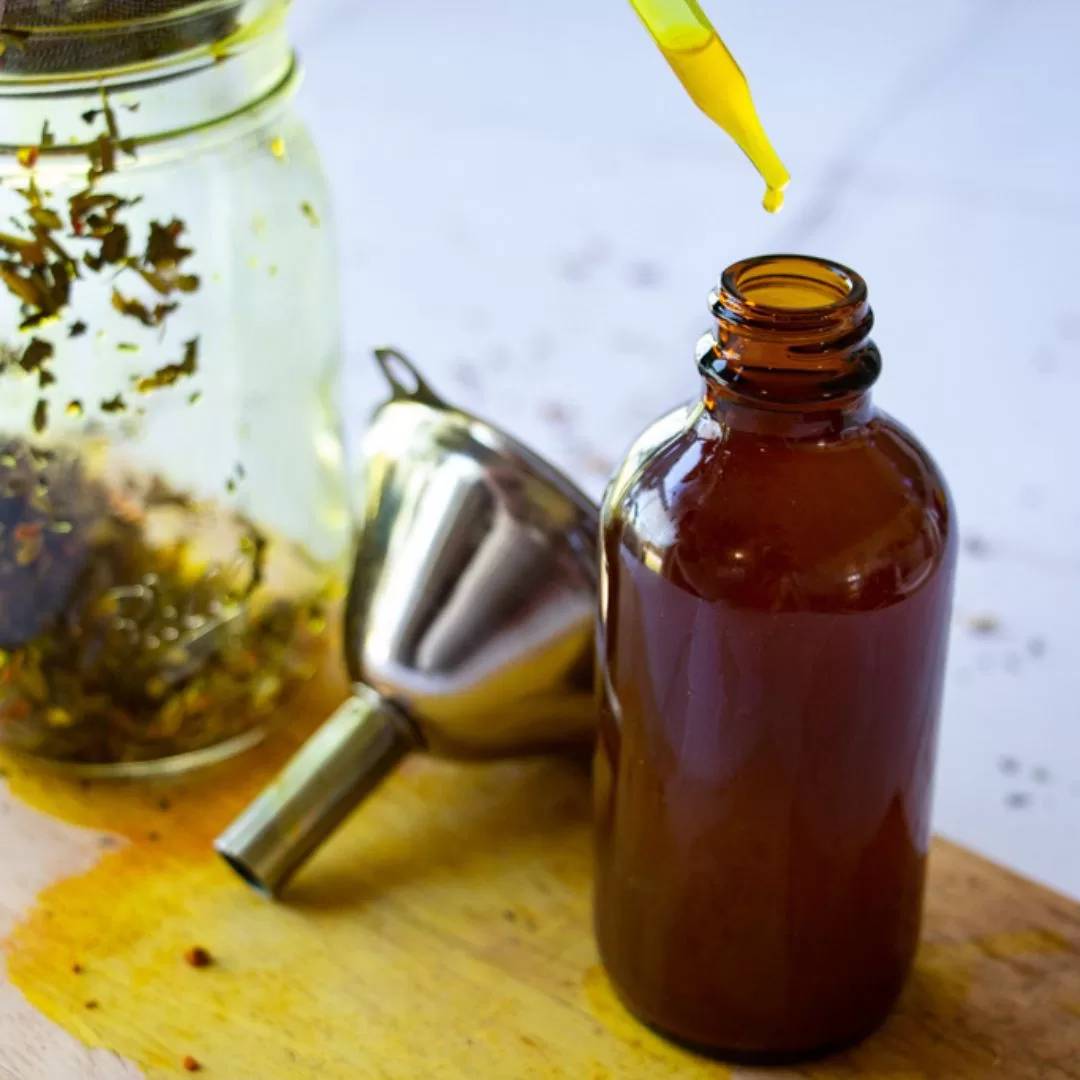
This DIY hangover tincture is a soothing blend designed to ease common discomforts after a fun night.
Featuring ingredients like fennel for digestion, ginger for nausea, and turmeric for its anti-inflammatory properties, it offers a natural way to help your body recover..
Key Ingredients:
- Fennel seeds
- Ginger root
- Milk thistle seeds
- Turmeric
- Peppermint leaves
- Grain alcohol, vodka, or brandy
Benefits:
- Eases digestive discomfort
- Reduces nausea
- Supports liver function
Pro Tip: Turmeric can stain, so be mindful of your hands and surfaces when preparing this tincture.
Get the Recipe: Hangover Tincture with Fennel, Ginger & Turmeric
15. Elderberry & Echinacea Tinctures for Immune Support
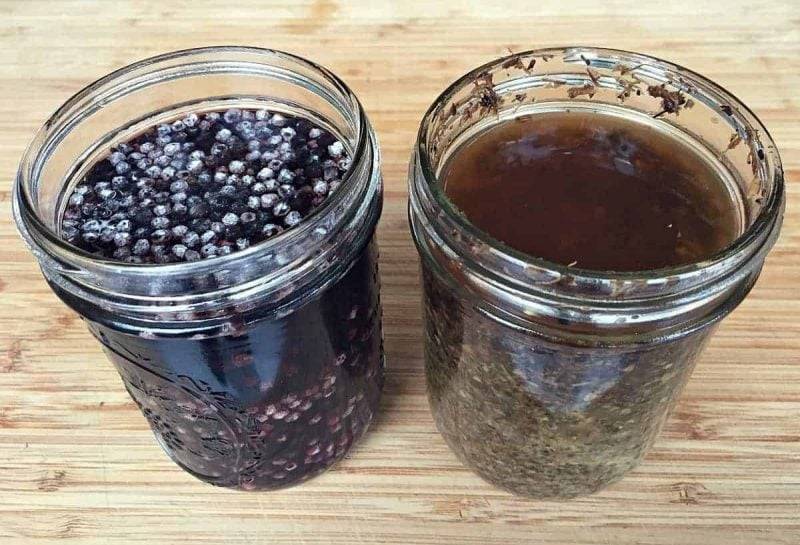
Boost your body's natural defenses with these elderberry and echinacea tinctures, perfect for beginners.
Elderberry is known for supporting the immune system, especially during colder months, while echinacea is traditionally used to combat infections.
These potent extracts are simple to make and a valuable addition to your natural health arsenal..
Key Ingredients:
- Dried elderberries
- Dried echinacea root
- 80 proof vodka
Benefits:
- Immune system support
- Antiviral properties
- Combats seasonal germs
Pro Tip: Store your finished tinctures in dark glass dropper bottles for easy dosing and to protect them from light.
Get the Recipe: Elderberry & Echinacea Tinctures for Immune Support
16. Potent Turmeric Tincture with Black Pepper
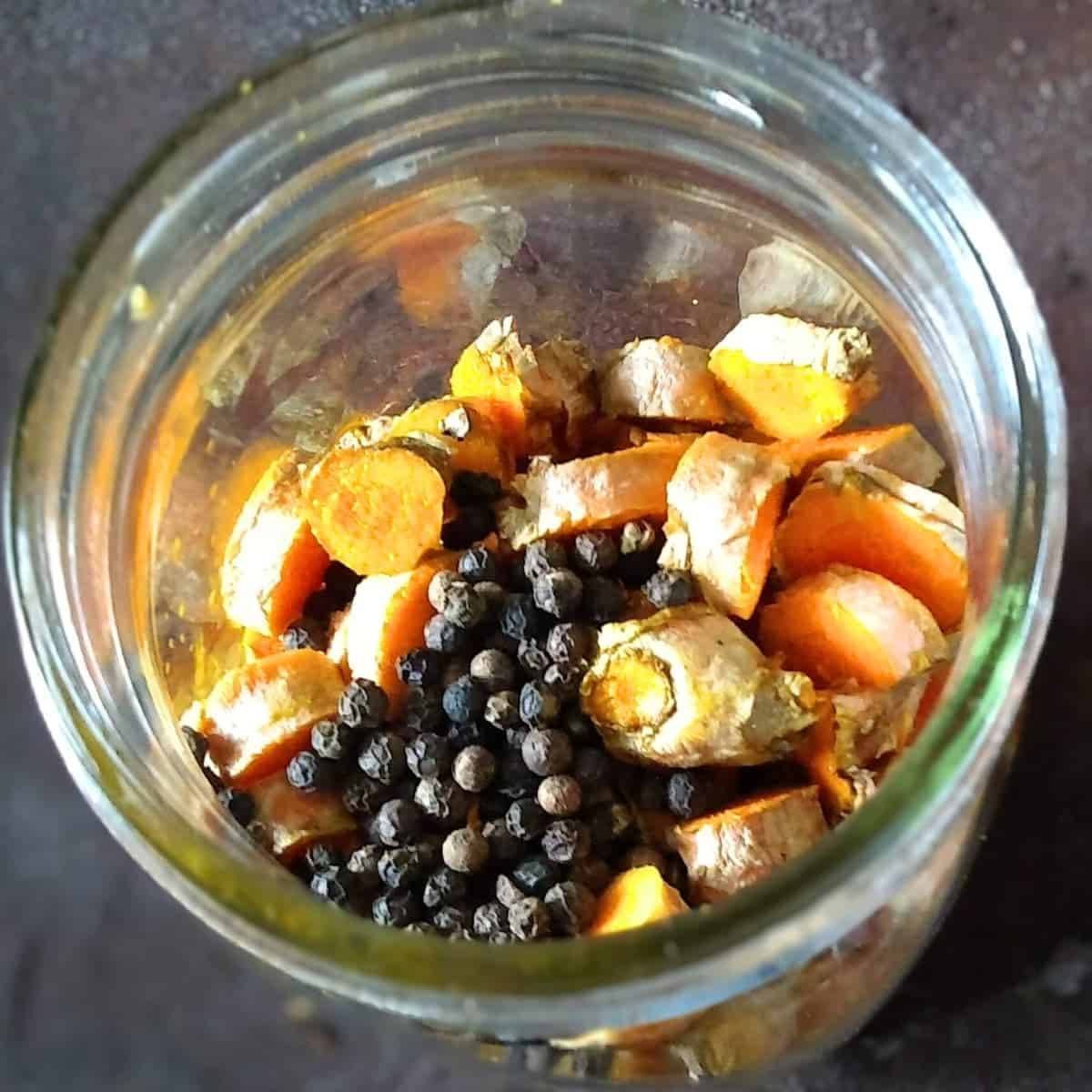
Unlock the powerful benefits of turmeric with this easy-to-make tincture.
Using the whole fresh rhizome along with black pepper (for enhanced absorption), this recipe creates a potent, natural supplement.
It's a convenient way to support your body with turmeric's anti-inflammatory and antioxidant properties..
Key Ingredients:
- Fresh Turmeric Rhizome
- Black Peppercorn
- Vodka
Benefits:
- Anti-inflammatory
- Antioxidant
- Enhanced Absorption
Pro Tip: For better absorption of turmeric's fat-soluble compounds, take your tincture with a meal that contains healthy fats like avocado or olive oil.
Get the Recipe: Potent Turmeric Tincture with Black Pepper
17. Stinging Nettle Tincture for Daily Wellness
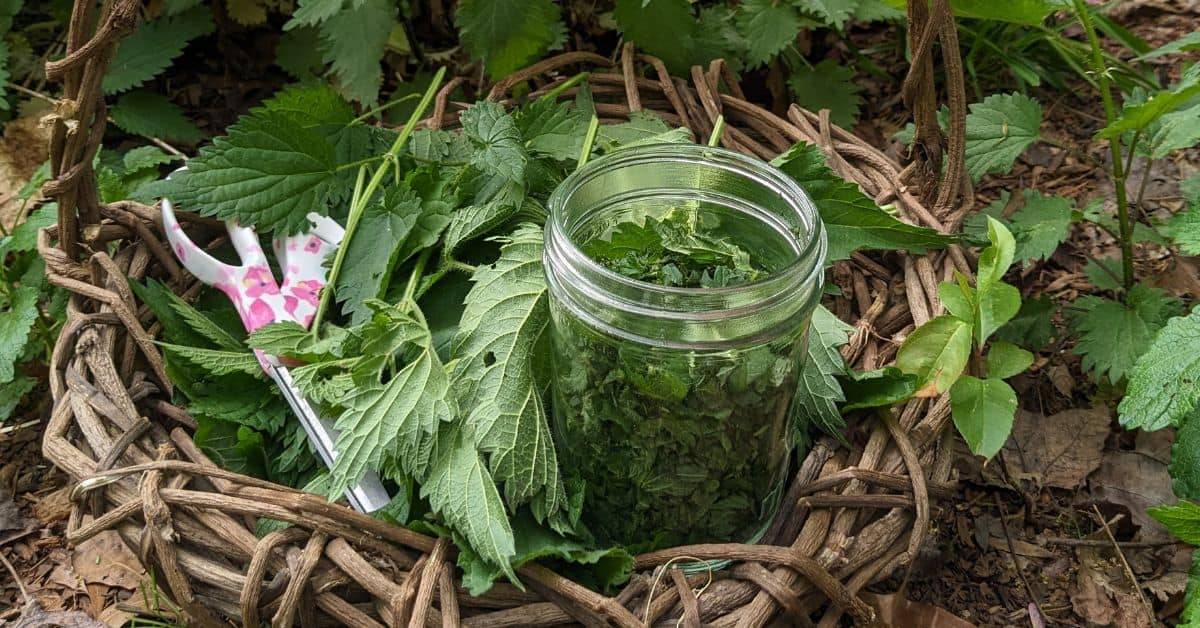
This recipe shows you how to make a versatile stinging nettle tincture using either fresh or dried leaves.
Nettle is a fantastic tonic herb, and this tincture provides a concentrated way to enjoy its benefits year-round.
It's a straightforward process perfect for beginners looking to stock their natural medicine cabinet..
Key Ingredients:
- Stinging Nettle Leaves
- Vodka
Benefits:
- Rich in Nutrients
- Tonic Herb
- Supports Wellness
Pro Tip: Take nettle tincture in the morning or afternoon, as it has natural diuretic properties and might interrupt sleep if taken too close to bedtime.
Get the Recipe: Stinging Nettle Tincture for Daily Wellness
18. Gentle Herbal Glycerites (Alcohol-Free)
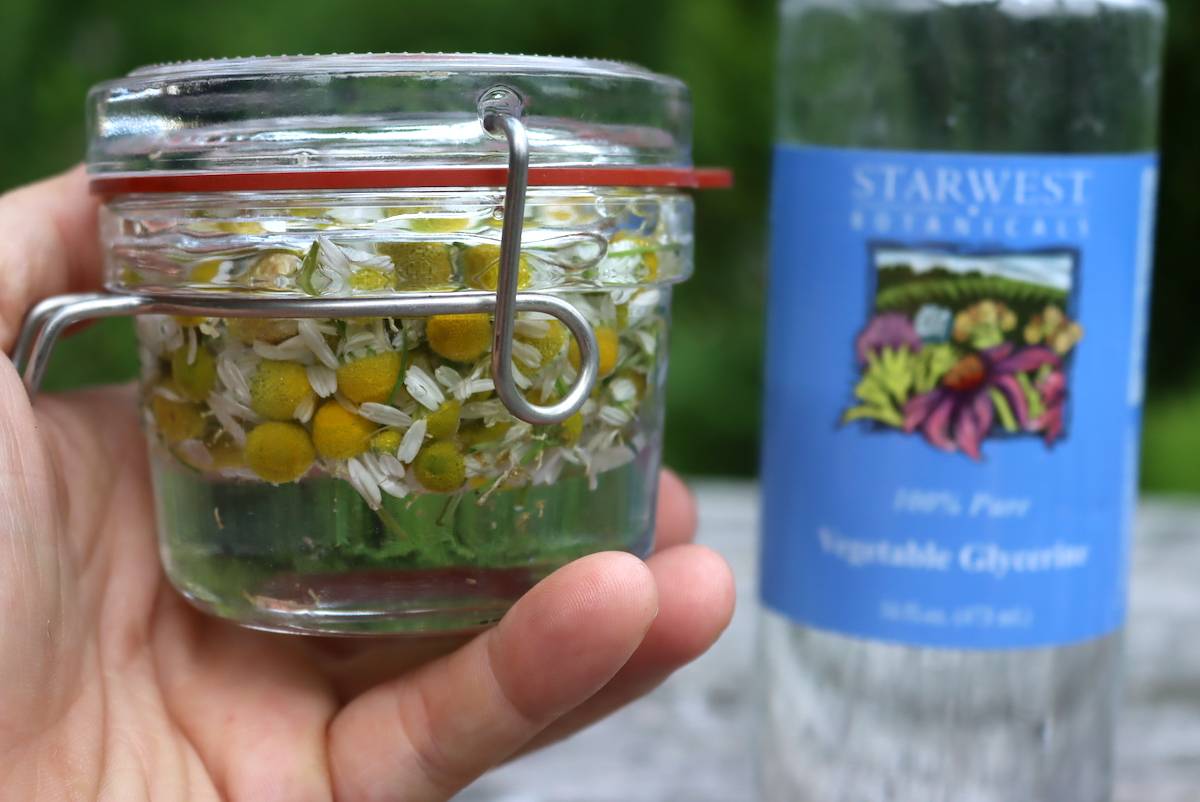
Explore the world of alcohol-free tinctures with herbal glycerites! This method uses vegetable glycerin to extract the goodness from herbs, making them ideal for children, pets, or anyone avoiding alcohol.
They're super easy to make and preserve herbs for year-round use, offering a sweet and gentle alternative..
Key Ingredients:
- Vegetable Glycerin
- Herbs (fresh or dried)
- Distilled Water (optional)
Benefits:
- Alcohol-Free
- Gentle Alternative
- Kid-Friendly
Pro Tip: For a milder glycerite, you can use a mixture of 75% glycerin and 25% distilled water, especially when working with dried herbs.
Get the Recipe: Gentle Herbal Glycerites (Alcohol-Free)
19. Simple Mullein Tincture
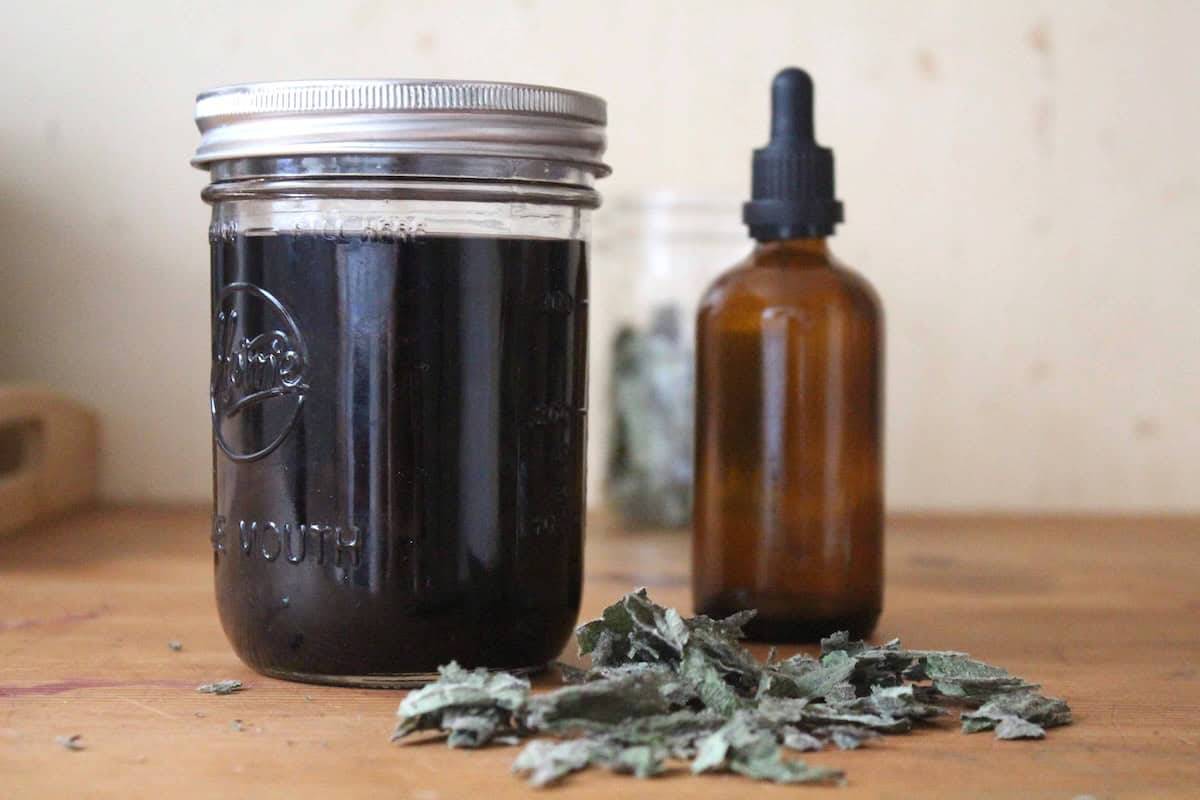
Creating a mullein tincture is a straightforward process that allows you to preserve the plant's beneficial properties.
This recipe guides you through using dried mullein leaves and alcohol to create a potent extract.
It's a great recipe for beginners wanting to explore herbal remedies..
Key Ingredients:
- Dried Mullein Leaves
- Alcohol
Benefits:
- Potent Herbal Extract
- Easy to Make
- Long Shelf Life
Pro Tip: Strain your tincture thoroughly, possibly multiple times, using cheesecloth or a fine-mesh strainer to remove any fine hairs from the mullein leaves.
Get the Recipe: Simple Mullein Tincture
20. DIY Herbal Tincture Bases Explained
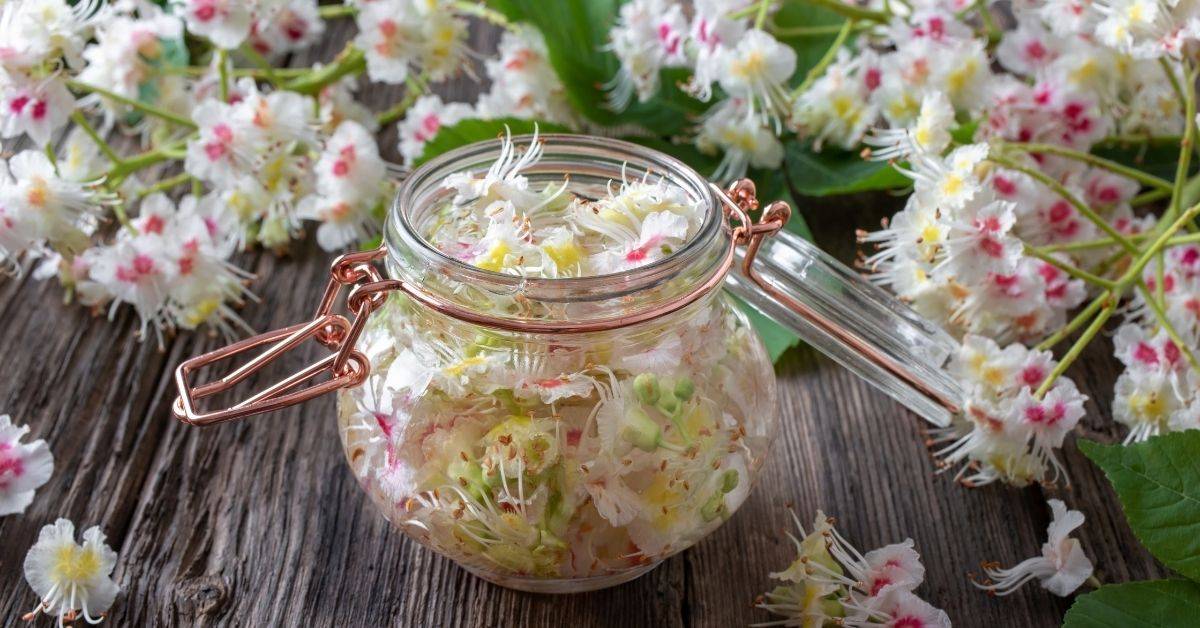
This guide demystifies the process of making herbal tinctures, explaining how to choose the right liquid base – alcohol, glycerin, or vinegar.
Understanding these bases is key to creating potent and personalized herbal remedies for various needs.
It's an essential read for anyone wanting to dive deeper into tincture making..
Key Ingredients:
- Herbs
- Alcohol
- Glycerin
- Vinegar
Benefits:
- Choice of Base
- Customizable Remedies
- Beginner-Friendly
Pro Tip: Plan ahead when making tinctures! Start your brewing process 1-2 months before you anticipate needing them to ensure you have an adequate supply.
Get the Recipe: DIY Herbal Tincture Bases Explained
21. Choosing the Best Alcohol for Tinctures

Selecting the right alcohol is crucial for making effective and long-lasting tinctures.
This resource breaks down the different types of food-grade alcohols, like vodka and grain alcohol, and explains why they work best.
It also clarifies which alcohols to avoid, ensuring you create safe and potent herbal extracts..
Key Ingredients:
- Vodka
- Grain Alcohol
- Brandy
Benefits:
- Optimal Extraction
- Extended Shelf Life
- Potent Tinctures
Pro Tip: For tough or resinous herbs, bark, or fresh plant material with high water content, a higher proof alcohol (151-190 proof) is often recommended for optimal extraction.
Get the Recipe: Choosing the Best Alcohol for Tinctures
22. DIY White Pine Needle Tincture
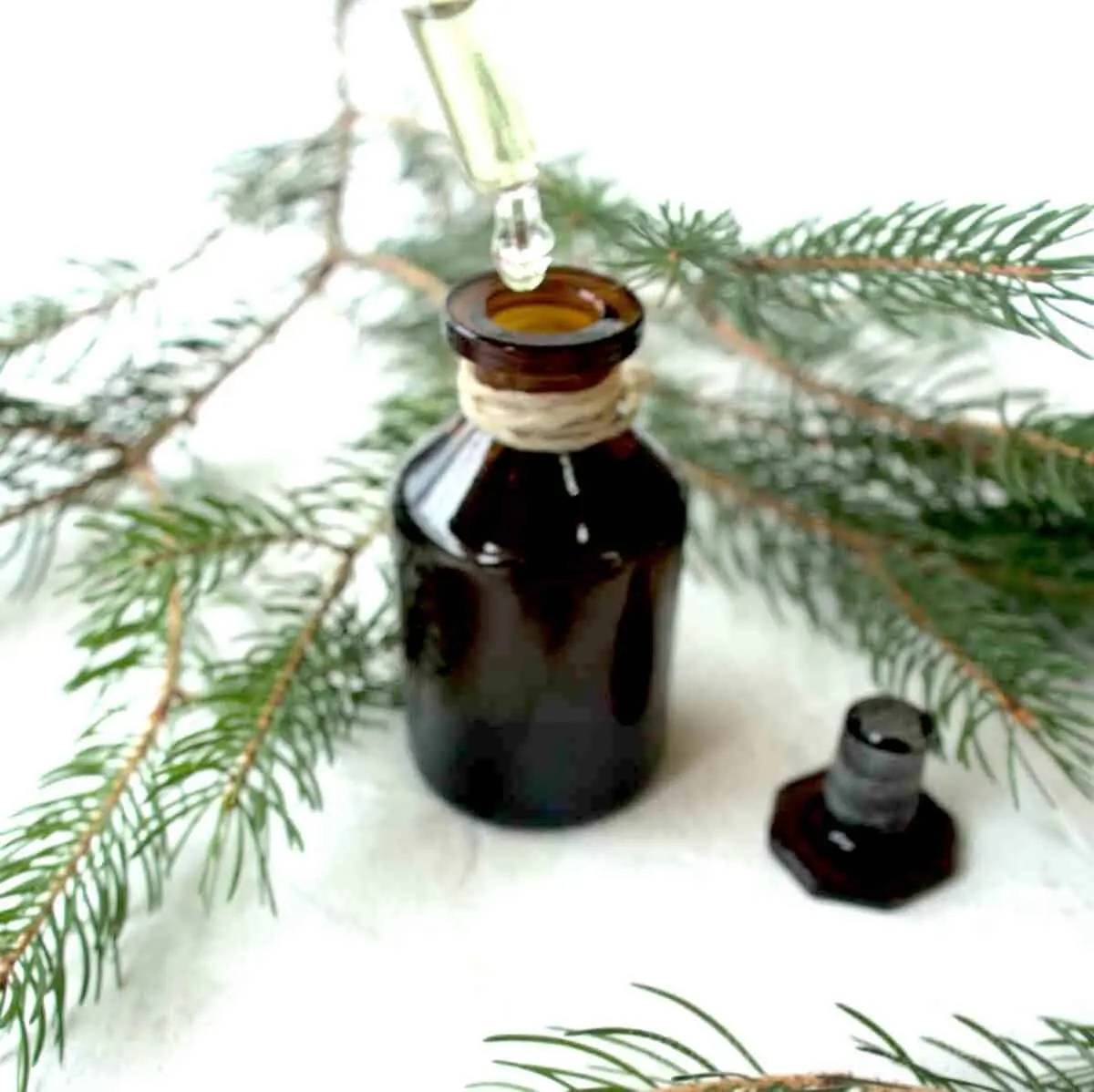
This homemade pine needle tincture is a simple way to capture the benefits of evergreen.
Soaked in alcohol for several weeks, a few drops of this extract can offer a potent, long-lasting herbal boost.
Historically used for its remarkable curative powers, pine needles are packed with Vitamin C and antioxidants, making this a natural remedy worth exploring..
Key Ingredients:
- Fresh Pine Needles
- Alcohol (e.g., Vodka, Grain Spirit)
Benefits:
- Rich in Vitamin C
- Antioxidant properties
- Supports respiratory health
Pro Tip: To get the most out of your pine needles, chop them finely to increase the surface area for alcohol extraction.
Get the Recipe: DIY White Pine Needle Tincture
23. Beginner-Friendly Tincture Recipes with Herbs
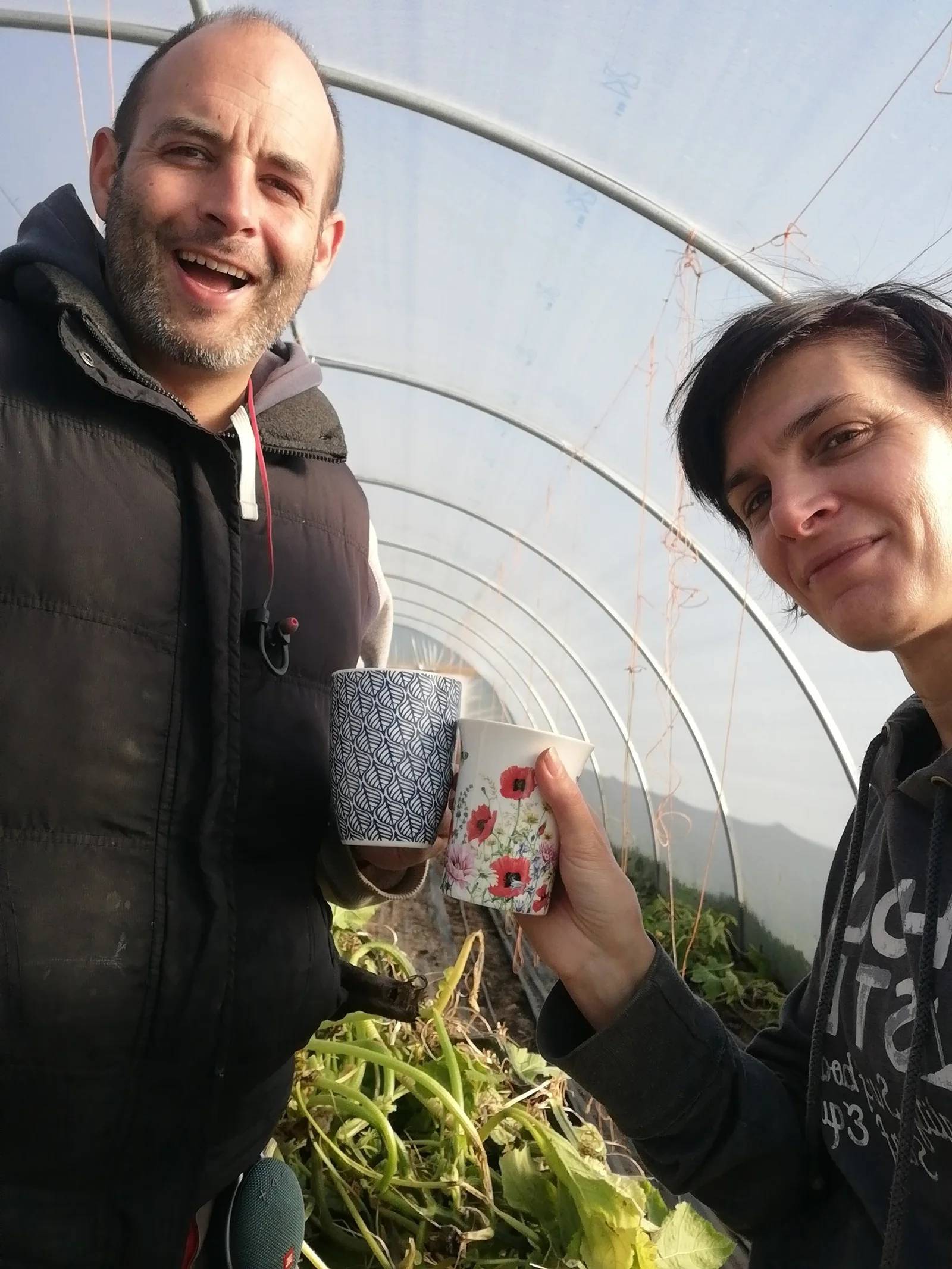
Dive into the magical world of herbal preparations with this beginner-friendly guide! Learn how to transform your garden herbs into potent tinctures using simple methods.
You'll discover essential tools and safety tips for making teas, tinctures, and salves.
This post is a delightful introduction to harnessing the healing power of plants right from your windowsill..
Key Ingredients:
- Fresh Herbs (Chamomile, Mint, Thyme, Sage)
- Vodka
- Vegetable Glycerin
- Beeswax
Benefits:
- Calming teas
- Supportive tinctures
- Healing salves
Pro Tip: Keep a dedicated notebook to track your herbal adventures and how each preparation makes you feel – it's like your own magical spell book!
Get the Recipe: Beginner-Friendly Tincture Recipes with Herbs
24. Choosing the Best Alcohol for DIY Tinctures
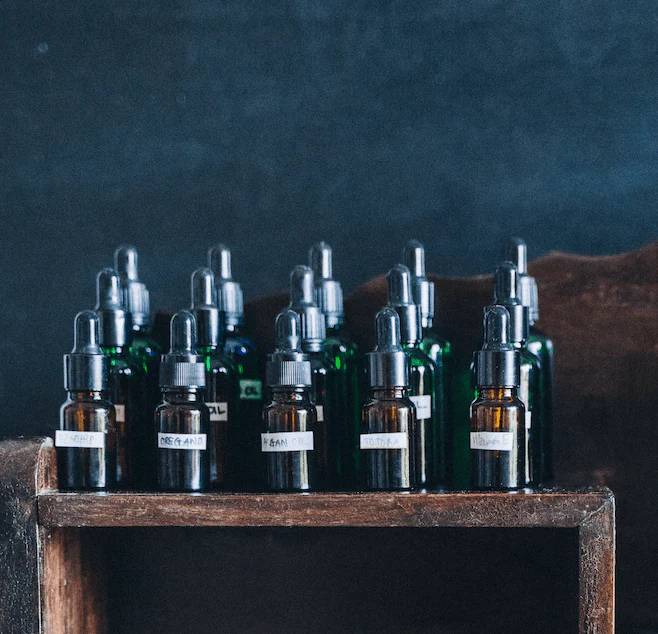
Unlock the secrets to making potent tinctures by choosing the right alcohol base! This guide breaks down the best spirits for different plant parts, explaining how alcohol content impacts extraction.
Whether you're using wine, vodka, or strong spirits, you'll learn how to select the perfect solvent to capture the full medicinal benefits of your herbs.
It’s a practical guide for beginner herbalists..
Key Ingredients:
- Vodka
- Gin
- Brandy
- Rum
- Whiskey
- Neutral Grain Spirits
Benefits:
- Potent herbal extracts
- Long shelf life
- Effective solvent properties
Pro Tip: When using spirits with 40-50% alcohol content, finely chop or grate roots and rhizomes to increase surface area for better extraction.
Get the Recipe: Choosing the Best Alcohol for DIY Tinctures
25. Simple Herbal Tincture Making for Beginners
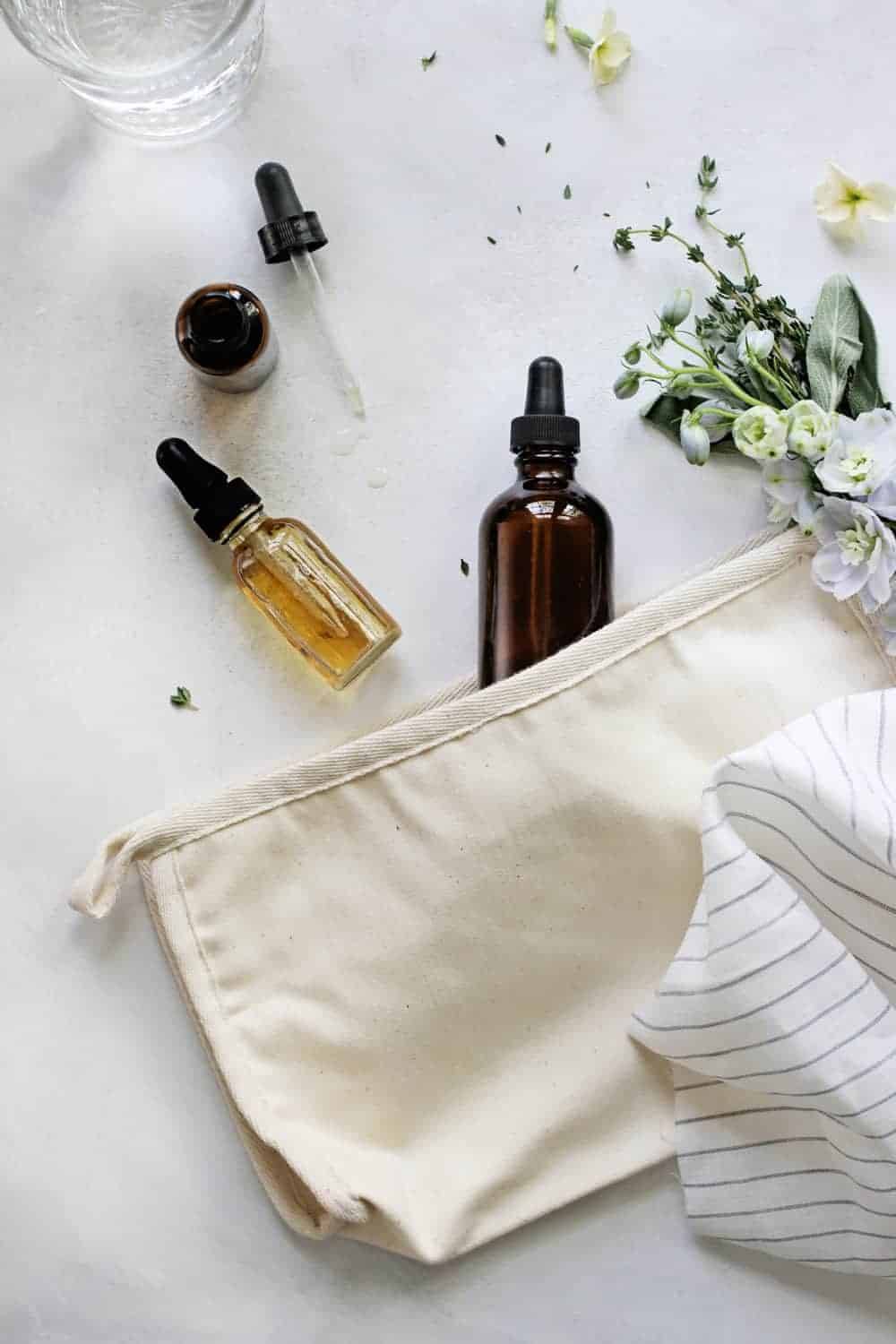
Discover how easy and rewarding it is to make your own herbal tinctures! This guide explains that a tincture is simply a concentrated herbal extract using alcohol or vinegar.
Learn the basic ingredients – herbs, alcohol, and a glass jar – and get ready to create potent, portable remedies.
With a long shelf life, these tinctures are a fantastic way to keep nature's medicine cabinet stocked..
Key Ingredients:
- Herbs (fresh or dried)
- Vodka
- Grain Alcohol
- Rum
- Apple Cider Vinegar
Benefits:
- Concentrated herbal extracts
- Long shelf life (up to 5 years)
- Easy to use and portable
Pro Tip: To prevent mold when making tinctures, ensure your herbs stay completely submerged in the alcohol, adding more if needed.
Get the Recipe: Simple Herbal Tincture Making for Beginners
26. Easy Folk Method for Making Herbal Tinctures
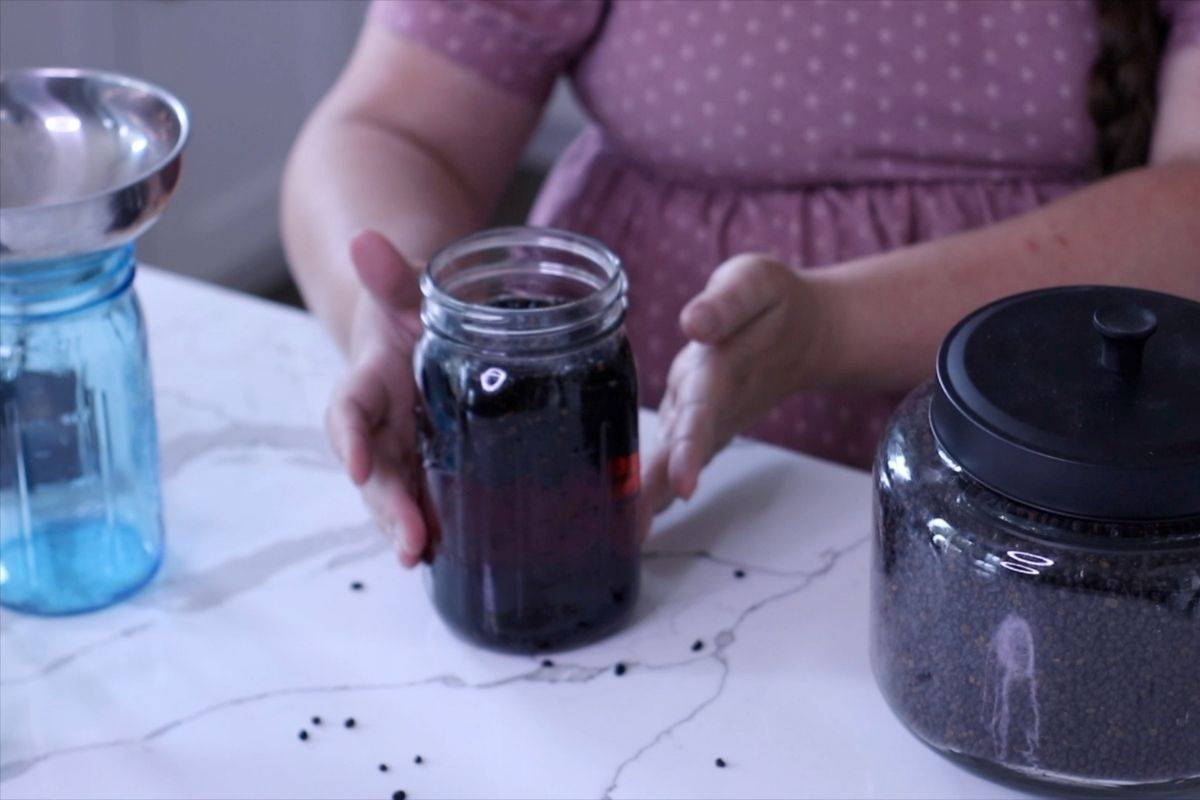
Creating powerful herbal tinctures at home is more accessible than you think with the folk method! This simple approach uses just a mason jar, your chosen herb, and high-proof alcohol.
You'll learn to fill the jar, pour in the alcohol, and let time work its magic for 4-6 weeks.
Bottled in dropper tops, these potent, shelf-stable remedies are a wonderful addition to your natural wellness toolkit..
Key Ingredients:
- Fresh or Dried Herbs
- High-proof Alcohol (Vodka, Grain Alcohol)
Benefits:
- Potent herbal remedies
- Long shelf life
- Supports immune system and digestion
Pro Tip: For a stronger tincture, use higher proof alcohol, especially when working with fresh herbs that have a higher water content.
Get the Recipe: Easy Folk Method for Making Herbal Tinctures
27. Making Oregano Tincture from Fresh Herbs
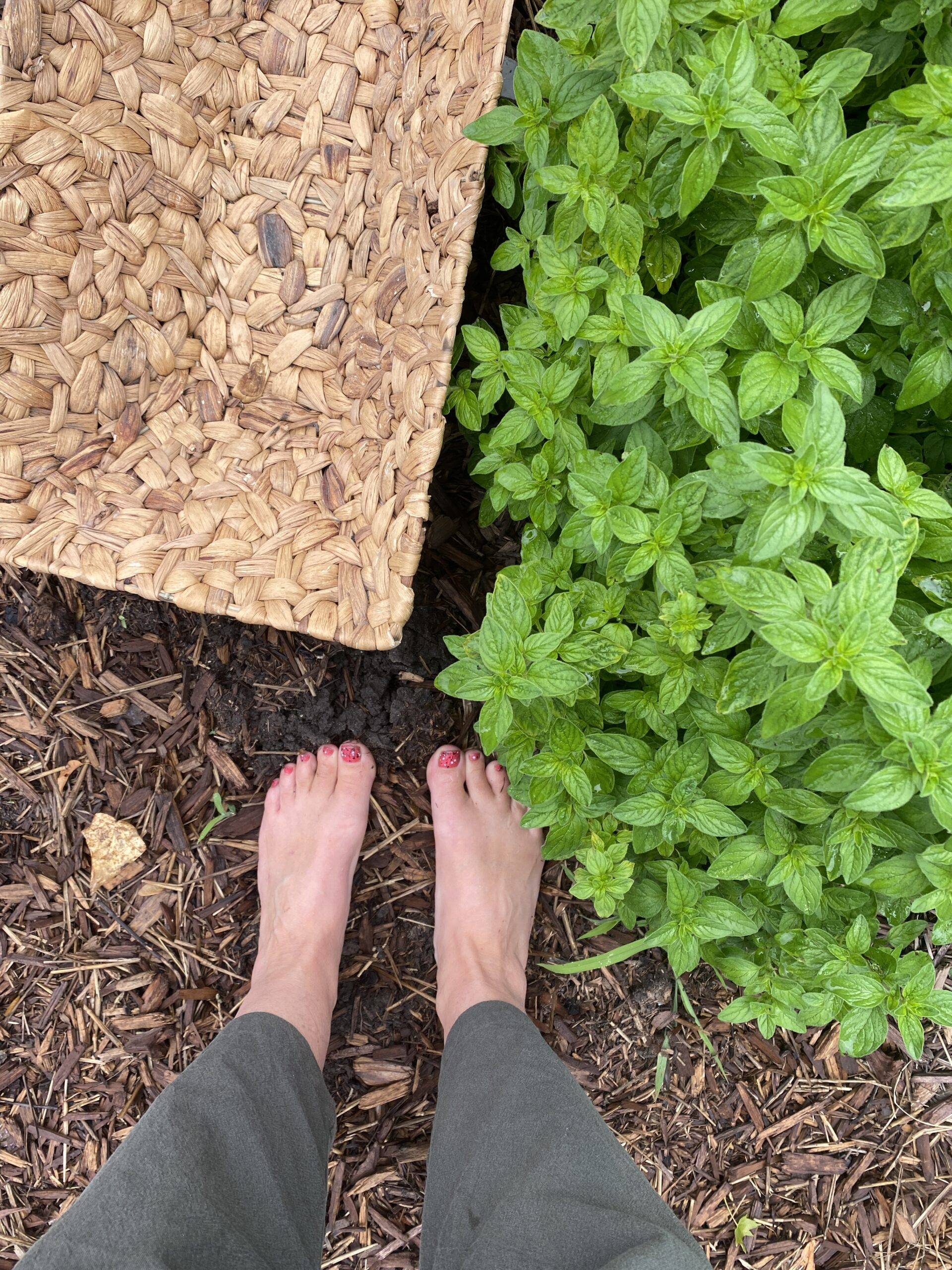
Harness the powerful antibiotic and immune-boosting properties of fresh oregano by making your own tincture! This simple recipe guides you through gathering fresh oregano, infusing it in vodka for 6 weeks, and storing it in an amber jar.
It's a fantastic natural remedy for supporting your immune system and is even suggested for topical use on poison ivy..
Key Ingredients:
- Fresh Oregano
- Vodka (40%)
Benefits:
- Natural antibiotic
- Immune booster
- Potentially aids in poison ivy relief
Pro Tip: If using a metal lid for your tincture jar, place a layer of freezer paper between the lid and the jar to prevent rusting.
Get the Recipe: Making Oregano Tincture from Fresh Herbs
28. How to Make Herbal Tinctures at Home
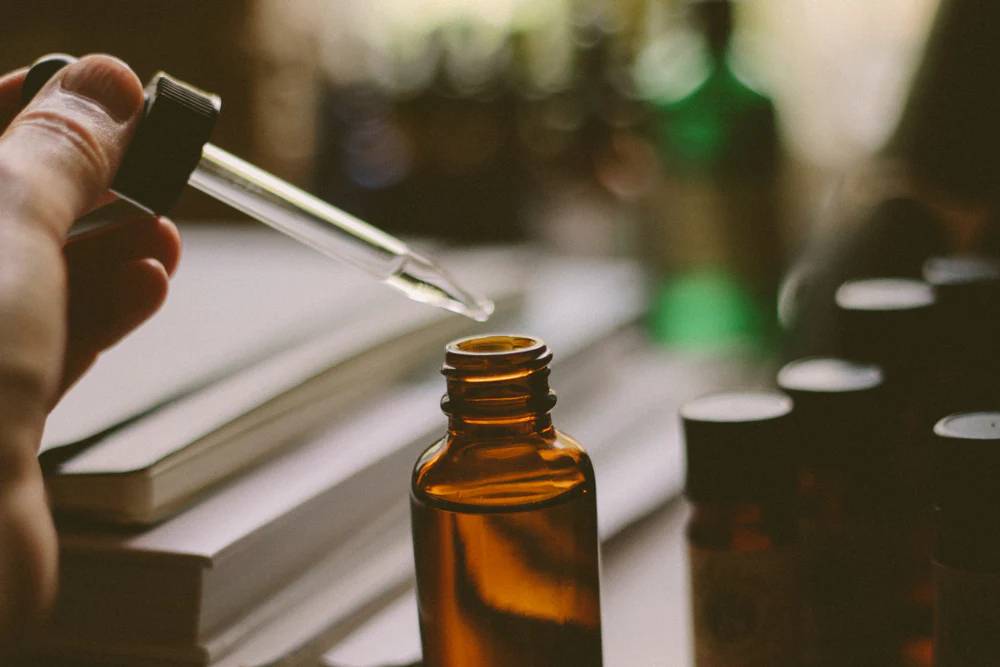
Discover the power of herbal tinctures as concentrated liquid extracts that offer therapeutic benefits with rapid absorption.
This guide walks you through gathering your materials, measuring herbs and alcohol, and the maceration process.
With a long shelf life and customizable dosages, making your own tinctures is an empowering way to harness nature's healing potential..
Key Ingredients:
- Dried or Fresh Herbs
- Alcohol (Vodka, Grain Alcohol)
- Glass Jars
- Cheesecloth
Benefits:
- Concentrated therapeutic doses
- Longer shelf life
- Rapid absorption by the body
Pro Tip: Always label your tincture jars clearly with the herb used, the type and percentage of alcohol, and the date of preparation to keep track of your creations.
Get the Recipe: How to Make Herbal Tinctures at Home
29. Alcohol-Free Tinctures with Glycerin or Vinegar
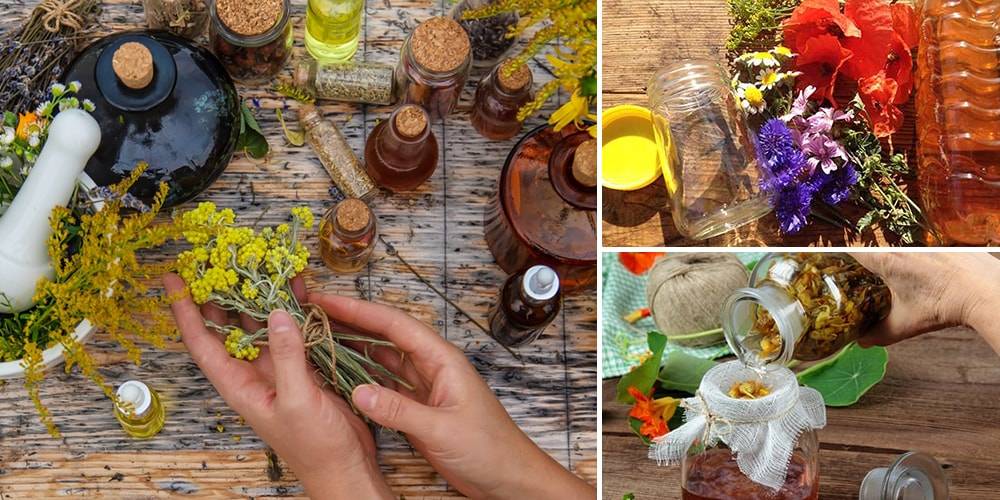
Explore the world of alcohol-free tinctures, perfect for those seeking plant-based extracts without alcohol.
This guide shows you how to use vegetable glycerin or apple cider vinegar as solvents to create potent remedies.
You'll learn to choose the right herbs, prepare the extraction medium, and follow a simple infusion and straining process for shelf-stable, accessible herbal goodness..
Key Ingredients:
- Vegetable Glycerin
- Apple Cider Vinegar
- Herbs (Chamomile, Lavender, Echinacea, Elderberry)
Benefits:
- Alcohol-free herbal extracts
- Accessible for all
- Versatile use (oral or topical)
Pro Tip: Glycerin-based tinctures last 3-5 years, while vinegar tinctures are best stored in the refrigerator and kept for up to a year.
Get the Recipe: Alcohol-Free Tinctures with Glycerin or Vinegar
30. DIY Tinctures for Common Ailments
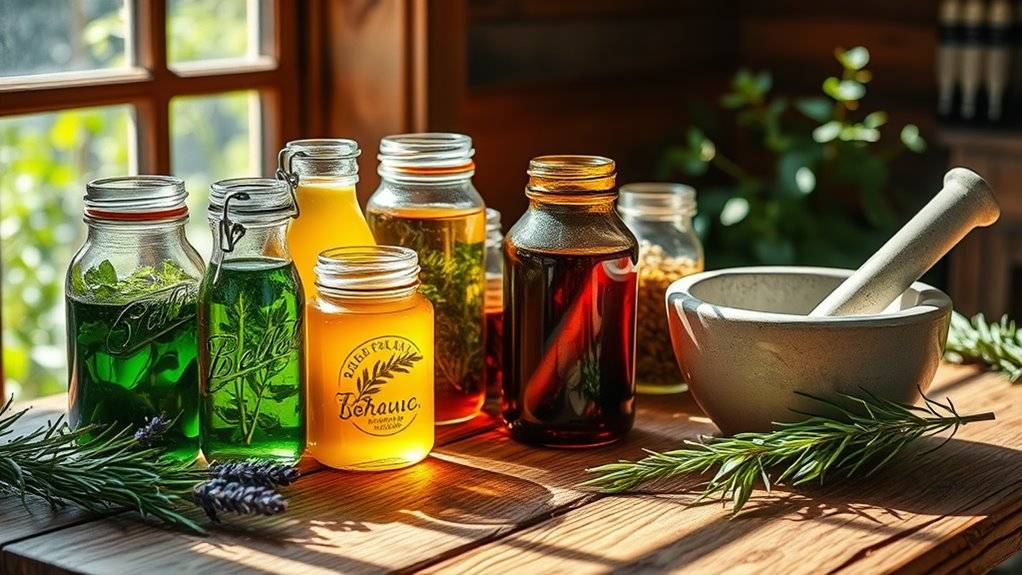
Whip up your own herbal tinctures at home to effectively support common ailments! This guide explores using alcohol or glycerin as your extracting agent, highlighting key herbs for digestive support, stress relief, and immune boosting.
You'll appreciate the easy preparation and long shelf life, making these potent plant remedies a staple for your wellness routine..
Key Ingredients:
- Peppermint
- Ginger
- Dandelion Root
- Ashwagandha
- Chamomile
- Echinacea
- Elderberry
- Marshmallow Root
- Thyme
- Turmeric
- Willow Bark
Benefits:
- Digestive support
- Stress and anxiety relief
- Immune boosting
- Cold and cough relief
- Pain management
Pro Tip: Store your tinctures in a cool, dark place in glass dropper bottles, ensuring they are tightly sealed to maintain potency.
Get the Recipe: DIY Tinctures for Common Ailments
